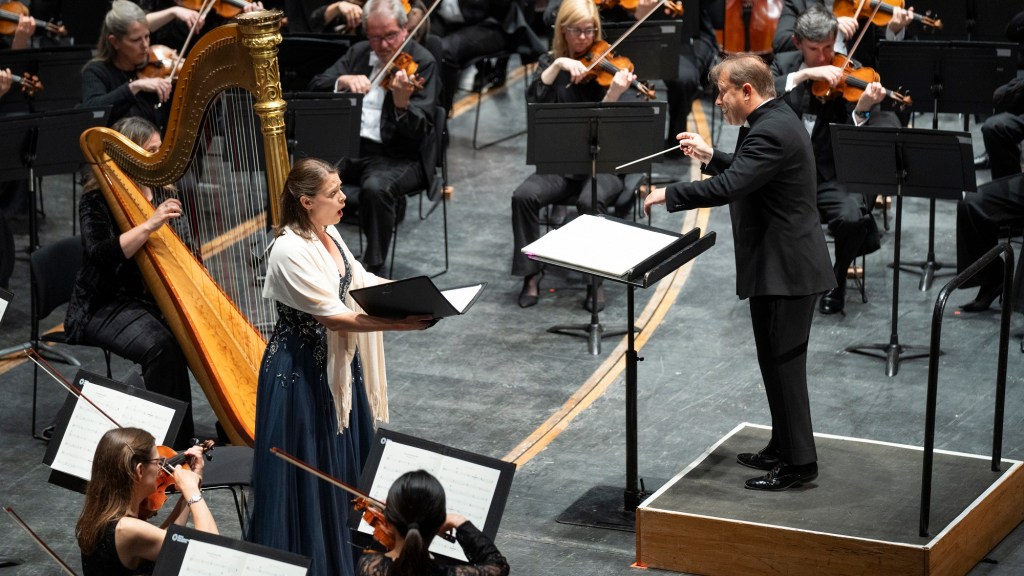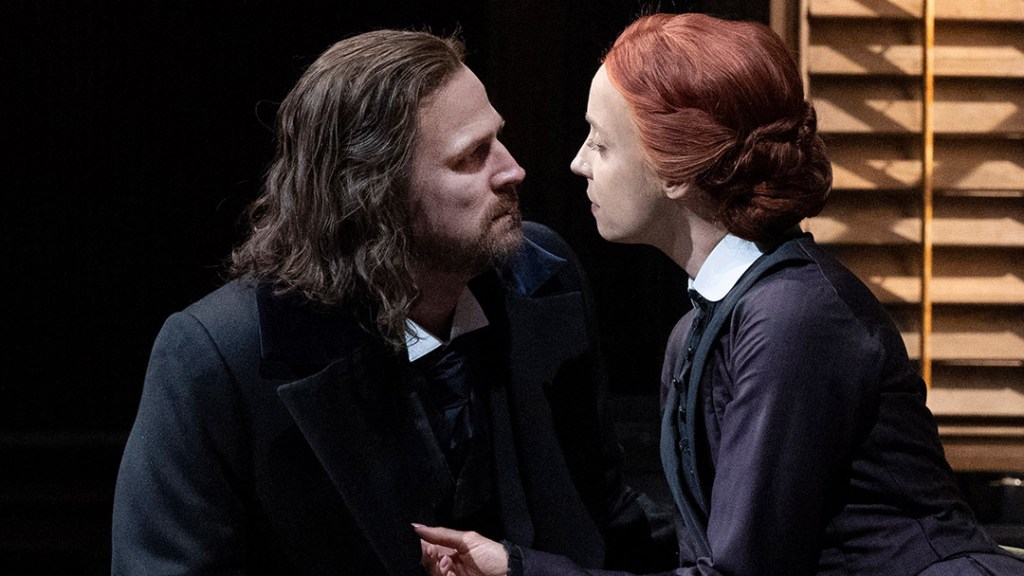RPO/Morlot Concert Review: A Bold Exploration of Ecological Themes
The term ‘bold’ describes the spirit of the recent concert held by the Royal Philharmonic Orchestra at the Brighton Dome during the Brighton Festival. The festival took a significant risk by featuring two substantial contemporary compositions, reflecting a commitment to new music. Additionally, both the Brighton Festival Chorus and the Purcell Singers demonstrated considerable courage in performing John Luther Adams’s Vespers of the Blessed Earth, a piece that could potentially challenge even seasoned vocal ensembles.
Adams’s 45-minute choral work, which addresses the serious theme of Earth’s impending extinction, fits into a contemporary trend where composers often tackle urgent environmental issues in their creations. The other notable new composition presented at this concert was Rachel Portman’s Tipping Points, which also engaged with the critical topic of ecological disaster, yet approached it from a distinct musical angle.
Portman’s piece was certainly more accessible, essentially structured as a six-movement violin concerto interleaved with poetic excerpts by Nick Drake that captured a world on the brink of crisis. Lines such as “our spooked hearts beat now to a stranger drum” and “a billion rush-hour cars exhaust themselves” aimed to resonate with listeners but felt somewhat forced against the backdrop of Portman’s primarily serene melodies.
The music itself often echoed the styles of Vaughan Williams or John Williams, creating a soundscape that, while pleasant, lacked a direct connection to the startling imagery of the words. As a celebrated film composer, Portman’s work is likely to gain traction on popular classical music platforms. However, as a companion to Drake’s poetic themes, the execution fell flat. The performances by soloists Grainne Dromgoole and violinist Francesca Dego also seemed detached, lacking emotional depth.
In contrast, Adams’s Vespers delivered a weighty introspective experience characterized by its earnestness. Under the direction of Ludovic Morlot, the chorus navigated two profound movements, the first conveying two billion years of geological history and the second cataloging 193 endangered species, all in Latin.
While these elements offered some thematic cohesion, the depiction of women’s voices mimicking the “weeping of doves” presented another layer of challenge for the audience. Meanwhile, the Royal Philharmonic Orchestra’s strings, divided into two groups, contributed to a gloomy atmosphere with overlapping chords symbolizing clouds of pollution. The soprano Katie Trethewey even imitated the song of the now-extinct Ghost Bird, a stark reminder of loss and environmental degradation. This aspect was ambitious, yet I found myself mentally tallying the endangered species until the performance concluded.
**The festival runs until May 26. For more information, visit brightonfestival.org.**
Stay updated with the latest culture reviews by following @timesculture.




Post Comment